Rape is back in the headlines. A documentary about rape in the military, The Invisible War, was nominated for an Oscar. Updated Department of Justice stats on just how many women are raped in America were released in late February. The Steubenville rape trial ended in conviction on March 17.
People are talking about rape again. Not that it ever went away. One in three women worldwide will be raped in her lifetime.
I was one of them.
The Centers for Disease Control (CDC) says rape is more common than smoking and an equivalent health risk. Rape costs millions in health care each year. According to the DOJ, rape is both the most common violent crime as well as the most recidivist. The incidence of rape has not declined, but prosecution has not gotten more frequent. Victims are still shamed and taunted, perpetrators still excused. We use terms like acquaintance rape, date rape and stranger rape. Republican politicians have added legitimate rape to the lexicon. Whoopi Goldberg added "rape rape." There are numerous euphemisms for rape: sexual assault, sexual attack, sexual abuse and sexual molestation.
Let’s call it what it is: rape–a violent crime, a gender crime and a hate crime.
There’s a language that goes with rape. Thanks to the videos taken and disseminated by witnesses to the Steubenville rape, people can see exactly how rape victims are described by their rapists and their rapists’ friends. They now know that rapists and their friends think rape is pretty funny stuff. As one boy said of the victim in a video from the Steubenville case, "They raped her harder than that cop raped Marcellus Wallace.” He was laughing for the camera as he said it.
We also know that adults--everyone involved in the Steubenville case was a teenager--feel sorry for rapists who look like their kids or their friends’ kids, as Trent Mays and Ma’Lik Richmond did, even as they ignore the victim who might look like their daughter or sister or even themselves.
Why do we ignore the victims?
In "The Invisible War," women in the military talk about being raped by men they either work with or for. They talk about fighting for their country by day and being raped by night–not by the enemy, but by their fellow soldiers, sailors and Marines. They talk about being harassed if they report being raped. They talk about not being able to receive health benefits for their injuries. They talk about how their rapists are never charged or how charges are dropped or excused. They talk about the endlessness of the trauma. Former Defense Secretary Leon Panetta said last year that there were about 19,000 women raped in the military that year alone.
That’s more than the population of Steubenville.
The young woman in Steubenville was the victim of 12 hours of non-stop sexual humiliation culminating in her rape. One boy–this was on videotape–offered "three dollars to anyone who will piss on her." Another witness told police that one of the rapists asked him to videotape his assault on the girl.
Yet news reports about rape, whether it’s Steubenville or Afghanistan or Fort Dix, consistently favor the perpetrators. The media almost never uses the word rape, either–replacing it with one of the less harsh euphemisms.
Presumption remains–as it did in the Steubenville case–that a victim either brought the attack on herself or she wasn’t really raped. (Whoopi Goldberg excused Roman Polanski’s rape of 13-year-old Samantha Geimer–who Polankski was convicted of raping vaginally, orally and anally–as not being "rape rape," even though Polanski was 42 when he raped Geimer.) That was certainly the case in the Steubenville case and has consistently been true in cases of military rape. When a Swiss tourist was gang raped by five men in early March while visiting in India, officials said it was her fault because the area where the woman was camping was dangerous.
Here’s what happened to me.
It was a beautiful, sunny September afternoon. The first day back to school for kids in the neighborhood meant my residential street was quiet, the only sounds birds chirping in the trees. The sudden sound of another voice was jarring, but friendly. "Hey pretty lady–need some help?"
The man asking me if I needed help taking trash cans around the side of my house seemed pleasant enough, but there was a tone in his voice. I laughed lightly, said thanks, I was fine. I deliberately turned my back to signal the conversation was over.
He was behind me so fast, it literally took my breath away. He grabbed my arms, pinning them hard behind my back. He shoved me forward, around the side of my house, into the yard of a neighbor. He forced me to the ivy-covered ground, my arms pinned behind my back. He punched and bit me, tearing off my shirt, forcing himself on me orally and vaginally. The attack was extremely brutal and I was seriously injured.
Throughout the attack, he alternated between telling me how pretty I was and calling me names–bitch, cunt, dyke (did he know I was a lesbian, or was it just one more pejorative to call me?). He repeatedly told me he was going to kill me.
The police didn’t call me names, but they were hardly sympathetic. The first thing the detective at the Special Victims Unit told me was that if I was lying, I would be prosecuted.
Later, when I had to strip naked to be photographed and he saw the extent of my injuries, his tone changed. Then he said to me, "I have two daughters."
I had finally been recognized as a victim, because I had bruises the size of dinner plates on the insides of my thighs, deep bite marks all around both nipples, black bruises on my arms, elbows and wrists. My back was black with bruises because I had been forced to the hard ground.
There was nothing about my rape, the rape of the honor student in Steubenville, the rape of the Swiss tourist or the rapes of the 19,000 women in the military that was hot or fun, the way sex is supposed to be. None of us consented. All of us were left brutalized and traumatized. There is a rape in the U.S. every two minutes. Over 200,000 rapes are reported each year, but the FBI estimates that many rapes go unreported and that the real numbers are between three and five times that.
Why don’t victims report these crimes against them? Ask the Steubenville victim. Ask me.
Rape victims are still considered suspect and marginal. I’m a lesbian. The Steubenville girl was drunk. The women in uniform shouldn’t be trying to do a man’s job. The Swiss tourist was somewhere she didn’t belong. Are we really victims?
There’s been an excessive amount of sympathy for the boys who raped the girl in Steubenville, as if she did something to them, because now they have to give up football to go to jail.
She got the life sentence, however. She was raped. There was a video and photo log of all the things that were done to her in the course of that night. A detailed record of how she was victimized and the crimes perpetrated against her. Emailed and texted thousands of times.
more on next page...
\\\
(continued)
Advocates for women want us to call ourselves survivors, because we aren’t, you know, dead. Not like the student in New Delhi who was gang raped by six men so brutally she was eviscerated and died last December. Not like the women throughout the Muslim world murdered in honor killings for defiling their families because they were raped. Not like the 13-year-old rape victim who was stoned to death in Somalia for adultery.
Yet those of us who weren’t killed by our rapists–even if they did incredible damage–are
victims. It’s about time that reality was recognized.
Rape is about violently subduing another person. It’s about reducing her to nothing.I’ll give anyone three dollars to piss on her. It’s about entitlement. It’s not like it was "rape rape." The victim becomes an object to be taken, used and discarded. Hate is the crime, sex is the weapon. There is no rape that is not a hate crime because there is no rape that is not about the violent obliteration of the personhood of the victim.
Time has passed since I was raped. The outline of my body in the ivy of my neighbor’s yard disappeared after a few months. So did the bruises and bites. But the pain and outrage have not abated. Rape is so commonplace, it’s become a rite of passage: boys will rape and girls will be raped. Some will tell, most will not. Some rapists will be caught and convicted, but the vast majority will go free. And some will rape again.
The boys involved in the Steubenville case had already embraced rape as a choice at 16; they seemed shocked to be on trial. Reporters seemed surprised as well–and empathetic. While they were on trial, the "epidemic" of rape in the military was being discussed in Congress. Yet just a few weeks earlier, those same members of Congress were equivocating on the Violence Against Women Act (VAWA), as if every woman and girl in America was not at risk.
And isn’t that the bottom line? If a quarter million women will be raped this year, isn’t that cause for national alarm? We haven’t stopped talking about gun violence since the Sandy Hook massacre in last December. But what are we doing about rape?
With incidents like Sandy Hook, we focus on mental illness–Adam Lanza was deranged, we say. But what about Steubenville? Were all those boys crazy? Trent Mays and Ma’Lik Richmond committed the rape, but what about the boys who texted the photos and video of it? No one stopped what was happening. No one called the girl’s parents. No one called their own parents. No one seemed to think what happened was even wrong.
Was Steubenville an anomaly like Sandy Hook? Or was it only anomalous because it made the news?
If a quarter million women and girls are being raped, someone is committing the crimes. There are more sons in the military and brothers on the football team, more uncles who are coaches and teachers and friendly next-door neighbors who are also rapists than there are anonymous strangers lurking in a yard on a sunny September afternoon.
I’ll never recover from being raped. Every time I see a woman raped in a movie or on a TV show, it sends me back to that day, lying in the ivy, unable to move, thinking I would die. And all the days after, wishing I had.
That’s how it is for the victims. We’re forced to call ourselves survivors, expected to get over it and get on with it. As if someone didn’t tear out a piece of us we can never get back, leaving a gaping wound that will never really heal.
After rape, everything changes. Our hearts beat faster when we hear footsteps on a quiet street. We watch what we wear, where we go, what we do, who we see, how much we drink, who we speak to. We read lists detailing how to protect ourselves. We hold our keys in our hands, carry pepper spray in our purses, train ourselves to scream "No!" We are wary of strangers. We are wary of every man we meet. We have trouble having sex. We have trouble sleeping. We have trouble.
Rape continues unabated and yet everyone acts like each rape is unconnected to all the others. Like there isn’t a culture of rape so endemic, so insidious, that even teenagers know everybody does it.
Was the man who raped me looking for a victim that bright September afternoon? Or did he just see me on that quiet street and think, Why not? Or when I said no to him, did he decide to show me who was boss?
Did Trent Mays and Ma’Lik Richmond plan to rape their victim, or like me, was she just a target of opportunity–the most vulnerable girl in the room?
In the 21st century we act as if we are living in a post-gender society. We are not. No one trains men and boys not to rape, but girls are trained from early childhood to try and protect themselves from rape because it might happen at any time, in any place, you must never let your guard down. Like I did.
As a woman, I don’t live in the same world as men. I live in a world of vulnerability and inchoate fear where the pleasant stranger or the colleague walking me to my car or the husband of a friend can suddenly turn into a rapist. I have to expect that this can happen and protect myself from it as best I can. I have to remember that I am prey and that there are predators all around and that infants as well as women in their 90s are victims, so none of us is safe.
We must address rape as the pandemic it is. Men who aren’t rapists must take responsibility for men who are, whether they are teenage football players or four star generals. Men have to be taught not to rape, that women are not things. Rape is a gender crime, rape is a hate crime and it must be treated as such. Until we recognize rape for what it is, until we call it what it is, it will never, ever end. And we will all be victims.
follow me on Twitter @VABVOX






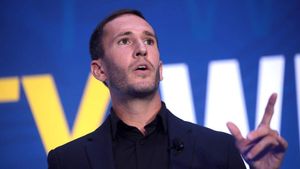



















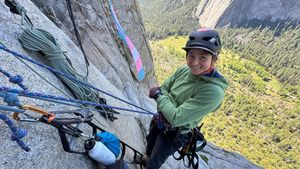










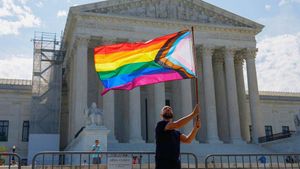








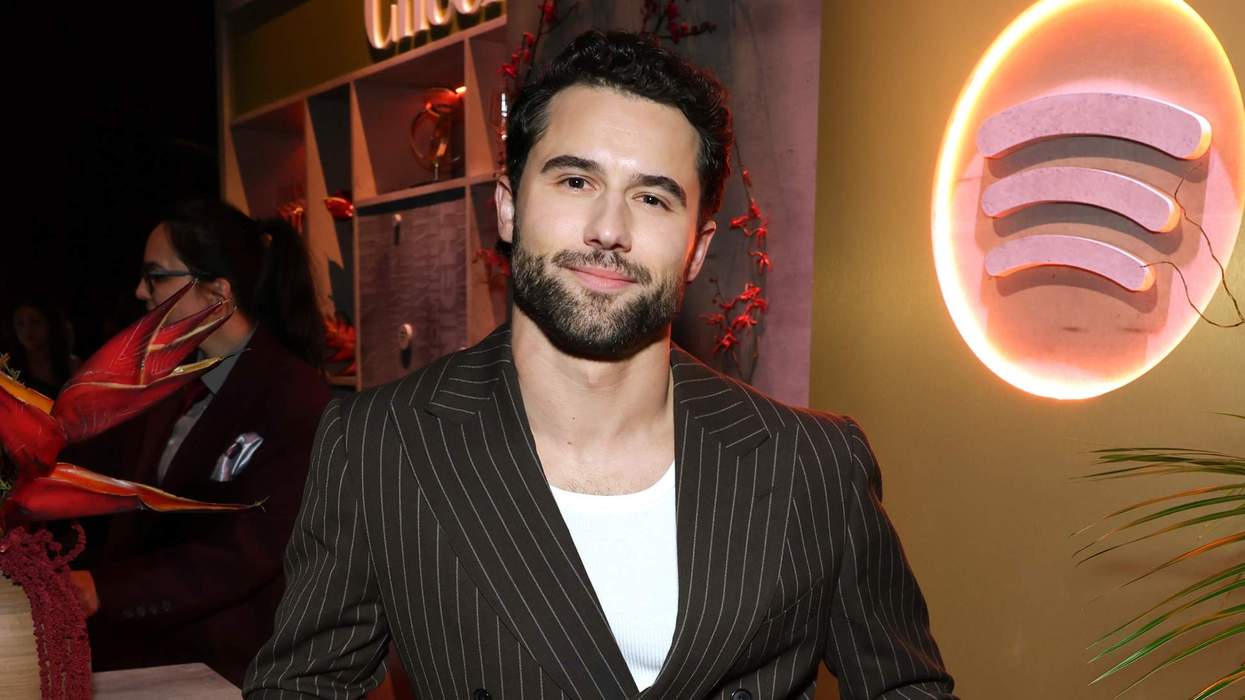





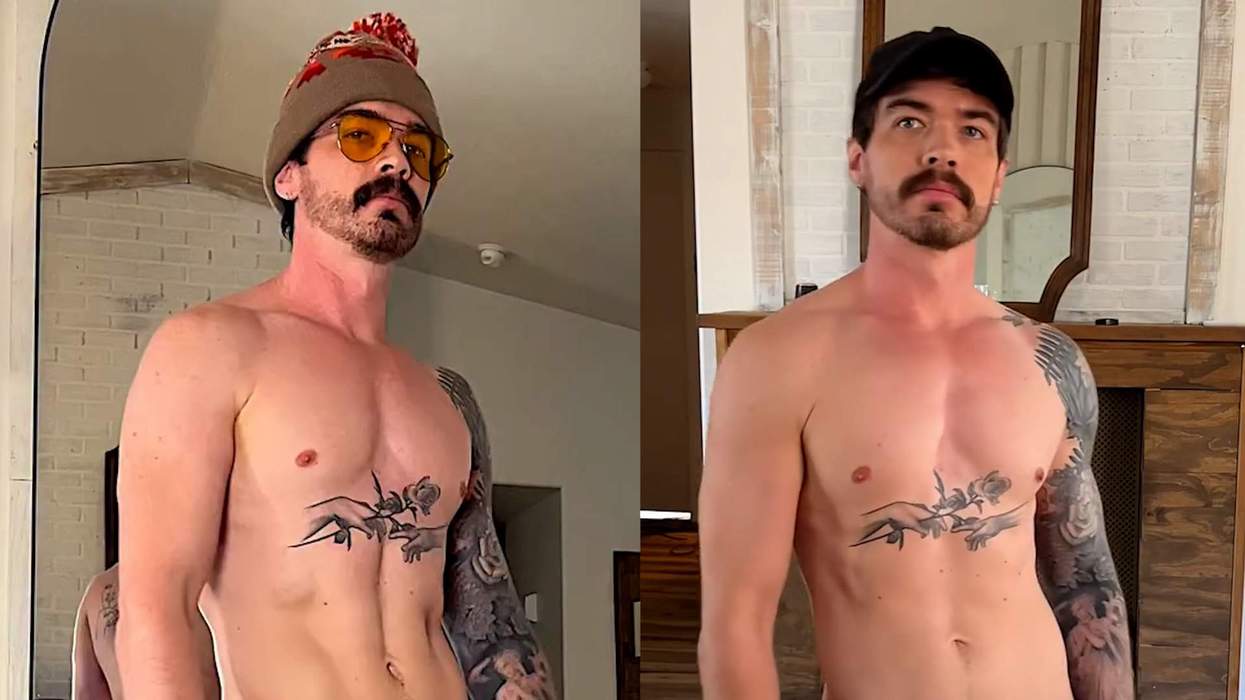
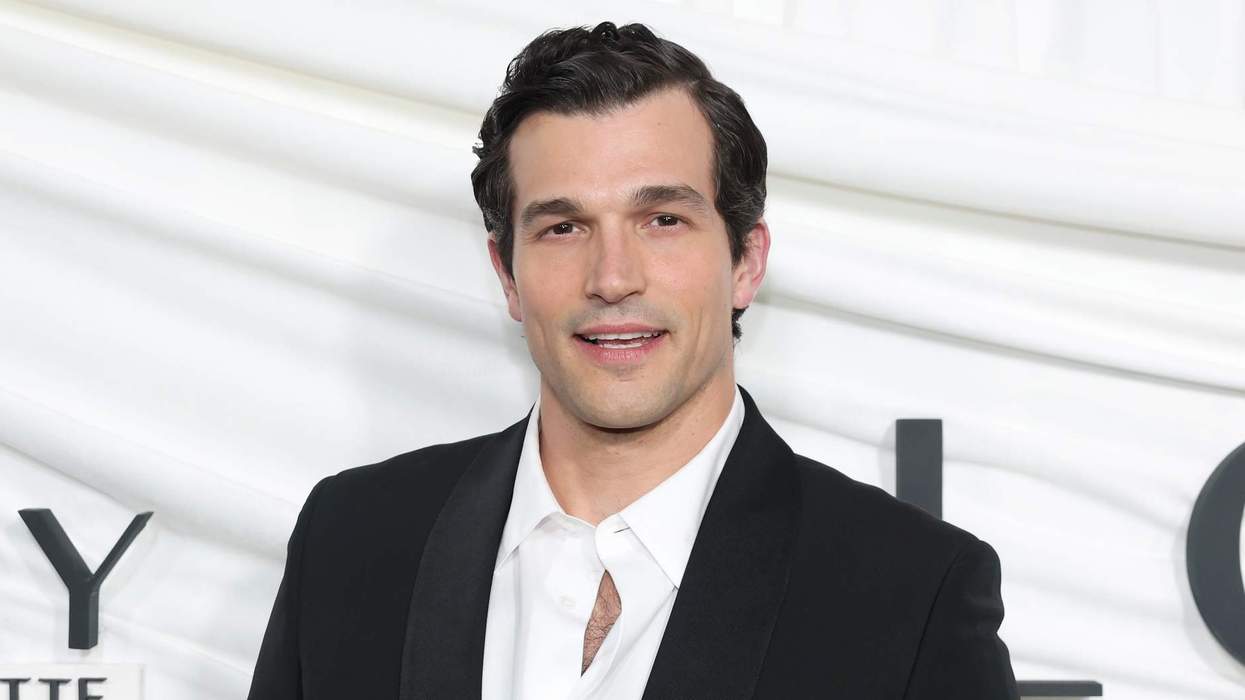

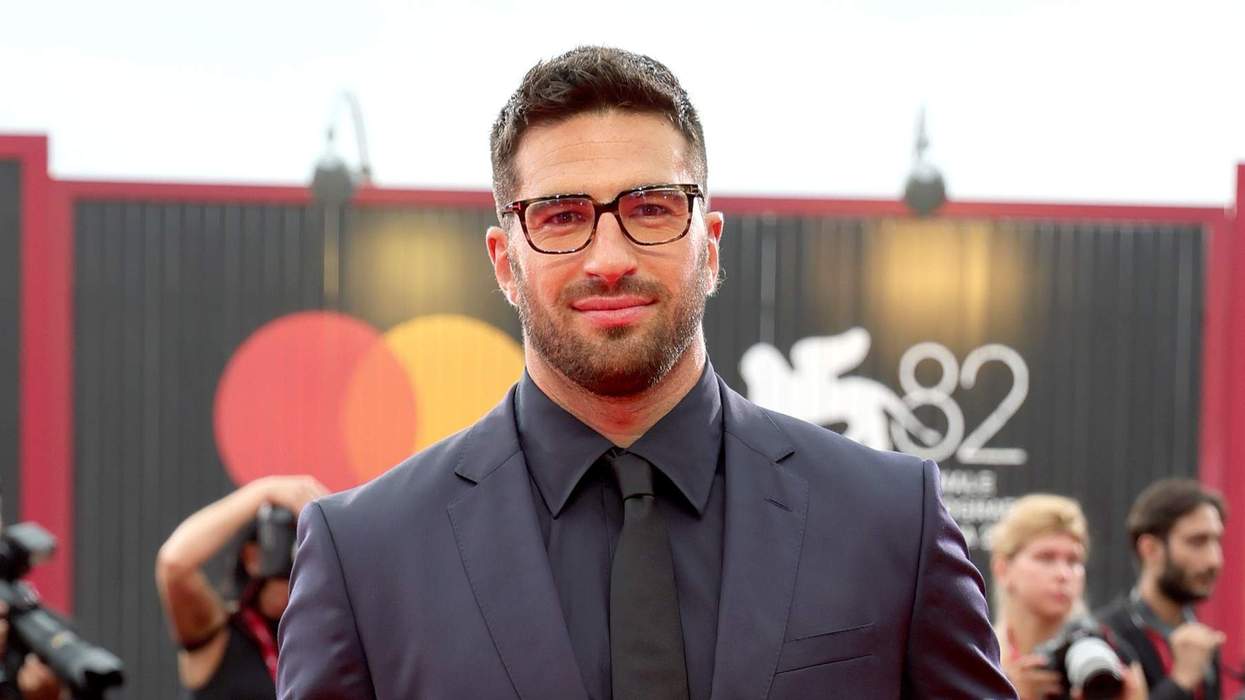































 Cindy Ord/Getty Images
Cindy Ord/Getty Images























